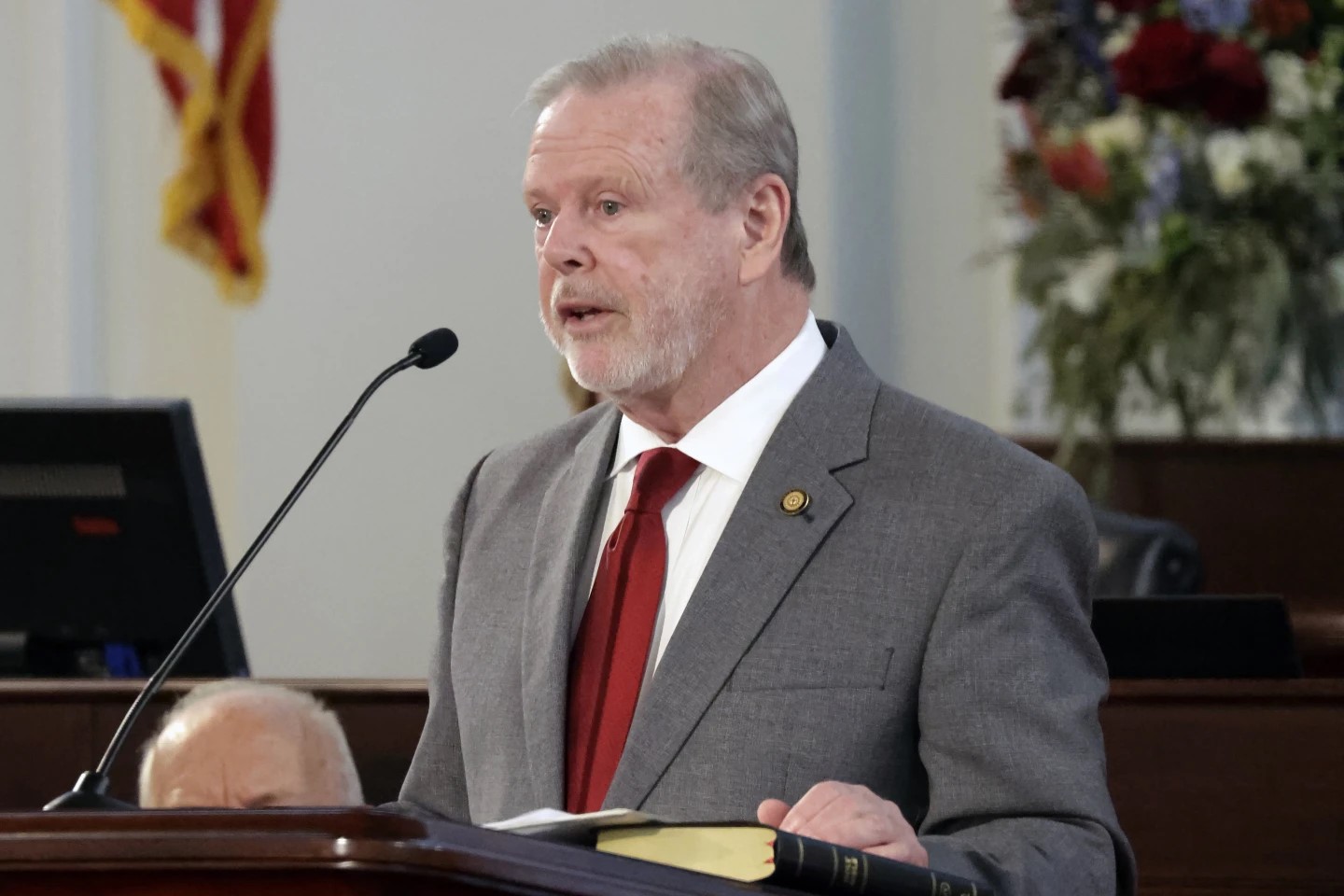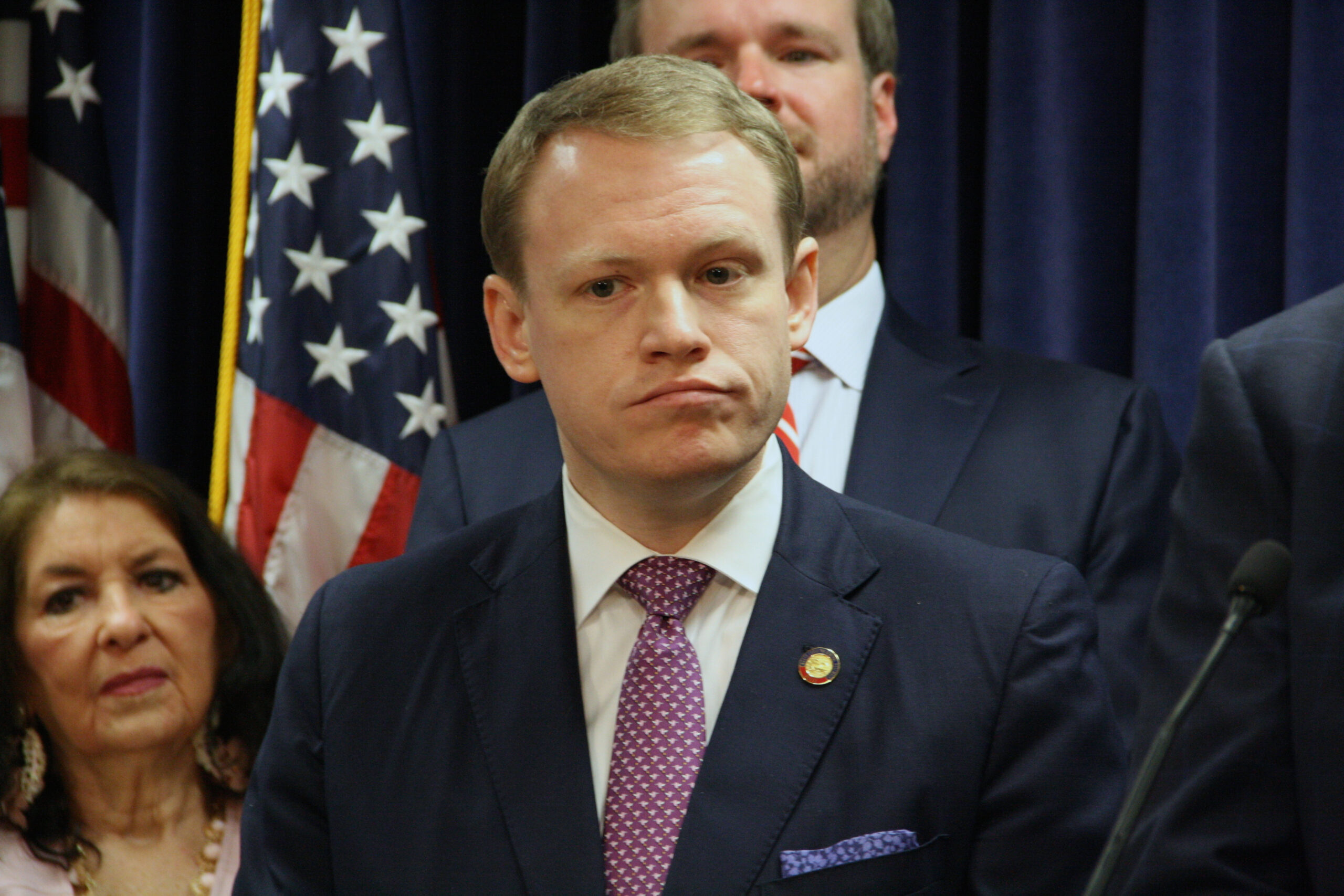The final report issued by a state task force charged with tackling issues related teacher pay is drawing criticism for lacking specificity and failing to produce any tangible solutions.
In the last meeting Monday of the Educator Effectiveness and Compensation Task Force, state leaders outlined observations and recommendations for improving the current condition of teachers’ pay in North Carolina.
The most assertive action the report recommended was setting a “short-term goal” of increasing salaries for teachers with less than 10 years of experience—i.e. beginning teachers and those who are most inclined to leave the profession in North Carolina.
Governor Pat McCrory already announced in February that it was his intention to increase starting teachers’ salaries.
As “a long-term goal,” the report suggested that the General Assembly institute a pay raise for teachers across the board. State House 50 Representative Graig Meyer, who was in attendance Monday, said he was disappointed that a timeline was not set for achieving either of those objectives.
“There is no reason why we need to wait two or three more years to go ahead and give pay raises to all teachers in the state,” Meyer said.
As far as developing parameters for a new teacher salary compensation model, Meyer, who also serves as the Director of Student Equity and Volunteer Services for Chapel Hill-Carrboro City Schools, said he thought the report was deficient and unclear.
Lawmakers are considering alternative teacher pay models that could be coupled with strong student performance in the classroom. The state’s current salary schedule bases teacher’s salary increases on their years of experience.
“They had multiple presenters talk to us about different incentive pay plans. The one thing that was clear was that there was no evidence that any of those plans are very good at identifying who are the best teachers, nor what is the best way to compensate those teachers,” Meyer said. “They are trying to create something for which we have no good model. It doesn’t mean that a good model couldn’t exist, but I don’t see any reason we should push ahead with something that is going to fail.”
In its final recommendation, the document called for the State Board of Education to examine the teacher compensation systems and report back to lawmakers later this year.
“They are kicking the can down the road and are shifting the responsibility over to the state Board of Education, and it is too bad that they are not making the decisions that they need to in order to give teachers a raise,” he said.
Meyer added that he and others who attended the task force meetings felt that the input of education professionals had been left out.
“I was disappointed that this was a task force where educators were actually invited to the table with the General Assembly, but at the end, when the report came out, the educators made it clear that their voices hadn’t been heard. The things that they recommended, the things that they wanted to see in the plan.”
North Carolina’s teachers are among the lowest-paid in the country, ranking 46th, and make less than instructors in each of the surrounding states.
Related Stories
‹
![]()
Task Force Considers NC Teacher Pay Incentives, Rep Meyer In AttendenceGeneral Assembly talks about recruiting and retaining teachers, they have to remember there is a third ‘R.’ That is respecting teachers," Meyer said.

NC Teachers Could See A Pay Raise In 2014Governor Pat McCrory said he wants to roll out a public school teacher pay proposal early in 2014....
![]()
Robert's Rules: NC House Minority Leader Robert Reives on House Budget, Gov. Stein, MarijuanaNorth Carolina House Minority Leader and District 54 Representative Robert Reives spoke with 97.9 The Hill's Andrew Stuckey on Friday, June 6. He discussed the latest on the House Budget, including some unprecedented moves on the Senate side of the legislature, why he was comfortable with the budget, and more. He also talked about how he feels Gov. Stein is doing so far, what the future of marijuana in North Carolina may be, and more.

North Carolina Revenue Predictions Fall with Recession RiskState officials have lowered anticipated revenue collection, largely over rising economic uncertainty and the risks of a U.S. recession.

Taxes, Salaries, Vacancy Cuts Make Plain Differences Over Rival North Carolina GOP BudgetsWritten by GARY D. ROBERTSON RALEIGH, N.C. (AP) — The North Carolina House’s reveal of its state government budget proposal makes plain the differences on taxes, salaries and job cuts between Republicans who control both General Assembly chambers. With strong bipartisan support, the House gave preliminary approval late Wednesday to its plan to spend $32.6 […]

North Carolina Lawmakers Focus On Guns, Immigration and Parental Rights Ahead of a Key DeadlineThe crossover deadline has passed for bills in the North Carolina General Assembly. What are some of the themes seen in this session?
![]()
Robert's Rules: NC House Minority Leader Robert Reives on State Budget and MoreNorth Carolina House Minority Leader and District 54 Representative from Chatham County, Robert Reives spoke with 97.9 The Hill's Andrew Stuckey on Friday, April 18. He discussed the latest on the state budget conversations. He also weighs in on the continued litigation surrounding the State Supreme Court seat that Republican Jefferson Griffin continues to contest in spite of losing the election by over 700 votes. He also talks about some of the coming federal cuts, including slashing PBS's budget, and more.

North Carolina Budget Plan Advances as Senate Republicans Double Down on Tax CutsNorth Carolina Senate Republicans advanced a two-year budget that doubles down on already enacted income tax cuts.
![]()
Robert's Rules: District 54 Representative and NC House Minority Leader Robert Reives on State of the State and MoreNorth Carolina House Minority Leader and District 54 Representative Robert Reives spoke with 97.9 The Hill and Chapelboro.com News Director Brighton McConnell on Wednesday, March 19. He discussed the recent State of the State address from Governor Josh Stein. He also talked about the business of the General Assembly, which includes a Hurricane Helene aid package for the western part of the state. He talked about some of the divisive legislation passing through the assembly, what individuals can do to help the causes they believe in, and more.
![]()
Robert's Rules: NC House Minority Leader and District 54 Representative Robert Reives Talks General Assembly and MoreNC House Minority Leader and District 54 Representative Robert Reives spoke with 97.9 The Hill's Andrew Stuckey on Thursday, February 6. He discussed the business of the General Assembly, particularly as it relates to state budget questions, including the discrepancy between Governor Stein's proposal for Western North Carolina aid compared to the Republican-led General Assembly's. He also talked about the impact of some of the recent federal actions from the white house, and more.
›




